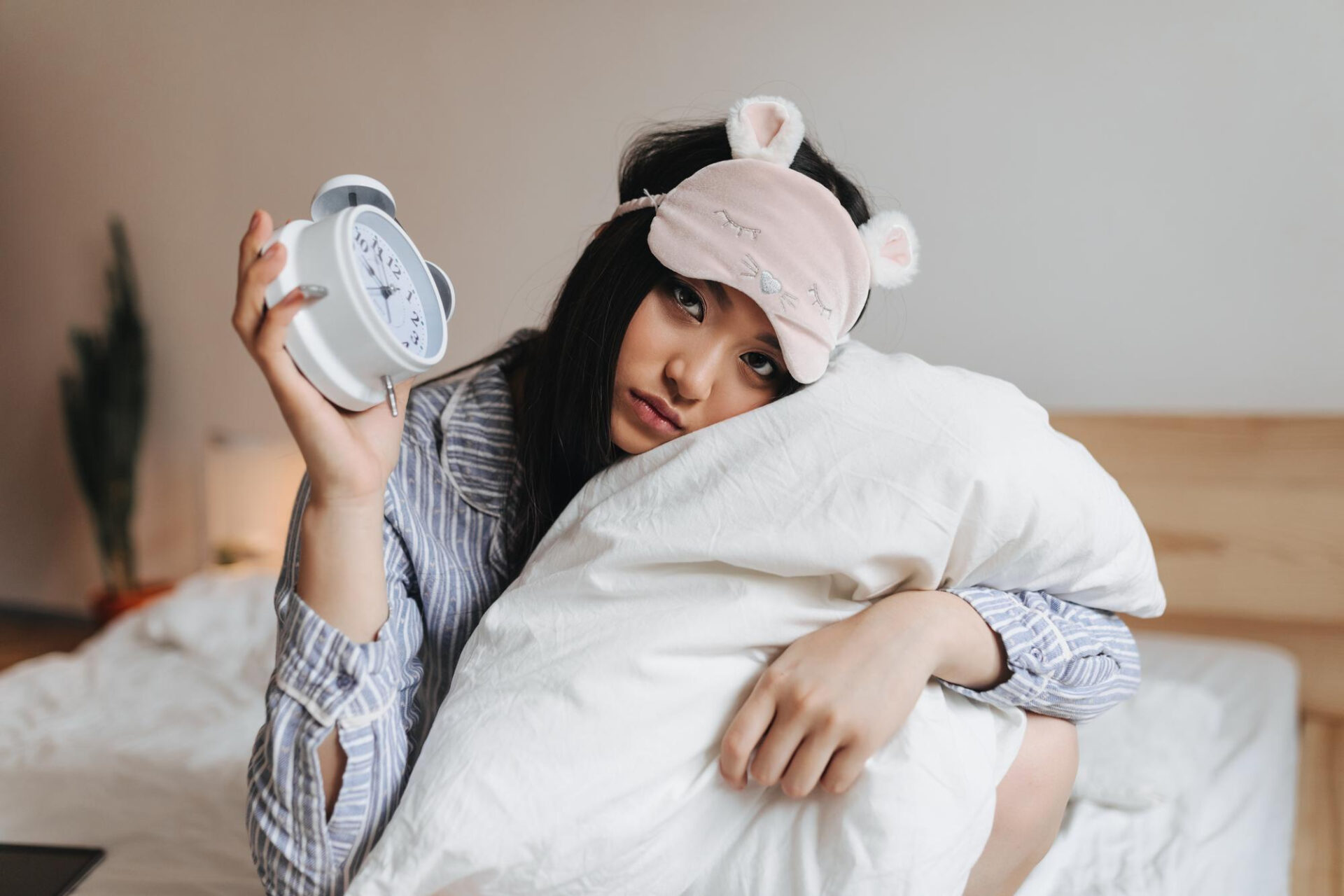
Sleepless in a Digital Age: How Screens Affect Insomnia
by Amanda E. Lampong
In today’s society, screens have become an important part of our lives. Our frequent use of cellphones, tablets, laptops, and televisions demonstrates how surrounded by screens we are. It is undeniable that, despite the many advantages these technologies offer in our daily lives, using them excessively can have negative effects on our health and well-being. One of the biggest worries is the rise in insomnia brought on by constant usage of smart devices.
Insomnia is a common sleep disorder that can make it difficult for a person to fall asleep, stay asleep or even lead them to wake up too early and have trouble falling back asleep. Apart from weakening a person’s energy level and mood, this condition can cause deterioration in terms of health, work performance and quality of live.
Although insomnia can be triggered by several factors, screens have emerged as a major element affecting sleep patterns in the digital age. This is because exposure to blue light form screens can disrupt the body’s circadian rhythm and the internal mechanism that controls the sleep-wake cycle. Falling asleep is more difficult due to the blue light’s suppression of melatonin production, a hormone that helps in sleep initiation.
Social media, video games and streaming services are among the distractions and content that can keep individuals engaged and distracted to the point of missing out on a proper bedtime. Information and entertainment that are always available at our fingertips can disrupt sleep patterns if there is no time limit on the use of devices.
There’s no denying that many individuals love to bring screens devices before bedtime whether for late night scrolling, binge-watching or responding to emails, screens always takes up space that should be reserved for sleep. This causes a person to delay bedtime, thus reducing the hours of sleep.
To overcome the negative influence of screen on insomnia in this digital age, there are several tips that be taken into account.

1.Screen Time Management: Set a screen time curfew, preferably an hour or two before bedtime.
2.Night Mode and Blue Light Filters: Activate night mode setting and blue light filters that reduce the emission of blue light.
3.Limit Stimulating Content: Avoid engaging in mentally or emotionally stimulating activities before bed. Choose a relaxing activity such as reading a book or practicing relaxation techniques.
4.Manage Notifications: Disable non-essential notifications on your device to avoid distractions at night. You can also activate “Do Not Disturb” mode during your sleep time.
5.Develop a Bedtime Routine: A consistent bedtime routine signals the body that it’s time to rest and prepares it for sleep. This can include activities such as gentle stretching or deep breathing exercises.
Understanding the effects of screens on sleep is important for taking steps to reduce their negative effects. By practicing responsible screen management and integrating healthy sleep routines, individuals can strive to secure the rejuvenating sleep they need to excel in a society that is becoming more and more reliant on technology. In the end, it’s about finding a balance between the benefits offered by modern technology and the necessity of quality sleep for overall well-being.
